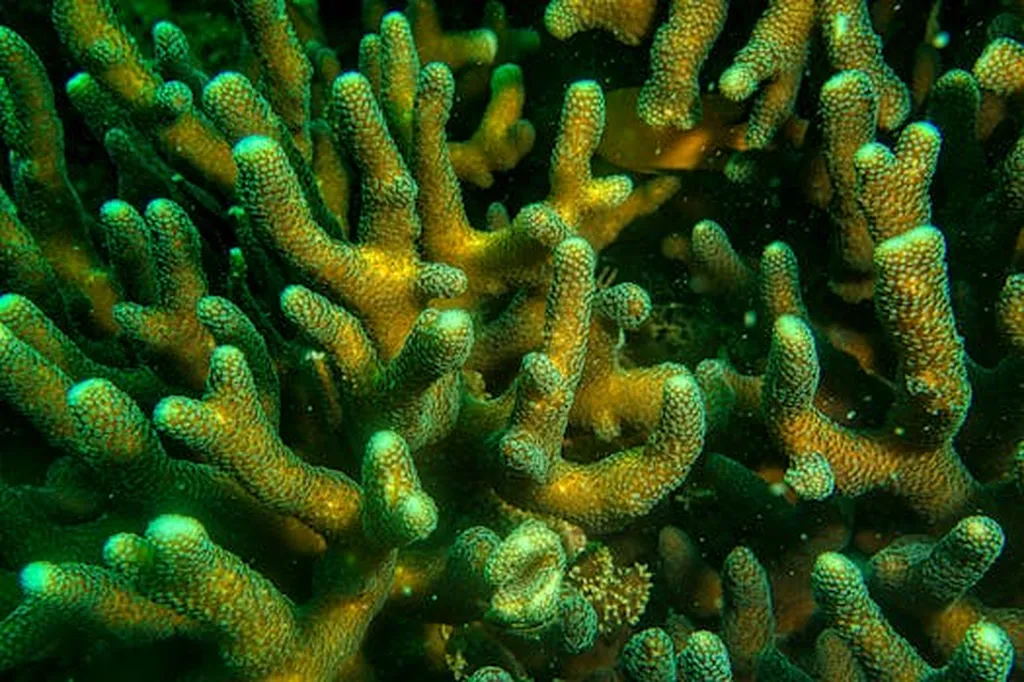In the bustling world of fermented beverages, a novel study has emerged that could reshape the landscape of hard kombucha production. Researchers, led by Hayeong Kim from the Institute of Food Industrialization at Seoul National University, have explored the potential of deep ocean water in brewing hard kombucha, revealing promising results that could have significant commercial implications.
The study, published in *Scientific Reports* (known in English as *Nature Scientific Reports*), delves into the functional properties of hard kombucha brewed with deep ocean water using the yeast strain Lachancea thermotolerans. This yeast is renowned for its high ethanol production, making it an ideal candidate for creating alcoholic beverages.
Kim and her team examined 35 yeast strains, ultimately selecting Lachancea thermotolerans to prepare hard kombucha using both tap and deep ocean water. After 21 days of fermentation, the pH of the filtered tap water hard kombucha (TWHK) and deep ocean water hard kombucha (DOWHK) decreased to 2.6–2.69, while their titratable acidity (TA) increased significantly. The ethanol content reached 3.87% alcohol by volume (ABV) in TWHK and 3.92% in DOWHK, indicating a successful fermentation process.
One of the most intriguing findings was the higher levels of organic acids in DOWHK compared to TWHK. “The deep ocean water seemed to enhance the production of organic acids, which could contribute to the unique flavor profile of the beverage,” Kim noted. This discovery could open new avenues for brewers looking to create distinct and marketable products.
The analysis of volatile compounds revealed a shift toward fruity and sweet flavors in DOWHK, with no noticeable off-flavors. Sensory analysis using an electronic tongue sensor system further highlighted that DOWHK exhibited greater sourness, astringency, umami, and saltiness than TWHK. These sensory differences could be leveraged to cater to diverse consumer preferences, potentially expanding the market reach of hard kombucha.
Both beverages demonstrated similar antimicrobial activities against common pathogens such as Staphylococcus aureus, Escherichia coli, Helicobacter pylori, and Salmonella spp. However, DOWHK showed a remarkable 1.63 times more effective suppression of α-glucosidase activity compared to TWHK. This enzyme is linked to carbohydrate metabolism, and its inhibition could have implications for health-conscious consumers.
The commercial potential of this research is substantial. As the demand for functional and health-oriented beverages continues to grow, the use of deep ocean water in brewing could offer a unique selling point for manufacturers. “This study supports the use of deep ocean water in the development of functional fermented beverages for industrial applications,” Kim explained. The distinct sensory profile and enhanced functional properties of DOWHK could attract health-conscious consumers and differentiate products in a competitive market.
Moreover, the findings could inspire further research into the use of deep ocean water in other fermentation processes, potentially revolutionizing the beverage industry. The integration of deep ocean water could also align with sustainability goals, as it is a natural and abundant resource.
In conclusion, this research not only highlights the potential of deep ocean water in brewing hard kombucha but also paves the way for innovative developments in the fermented beverage sector. As the industry continues to evolve, the insights gained from this study could drive the creation of new, functional, and marketable products, ultimately benefiting both consumers and manufacturers alike.

